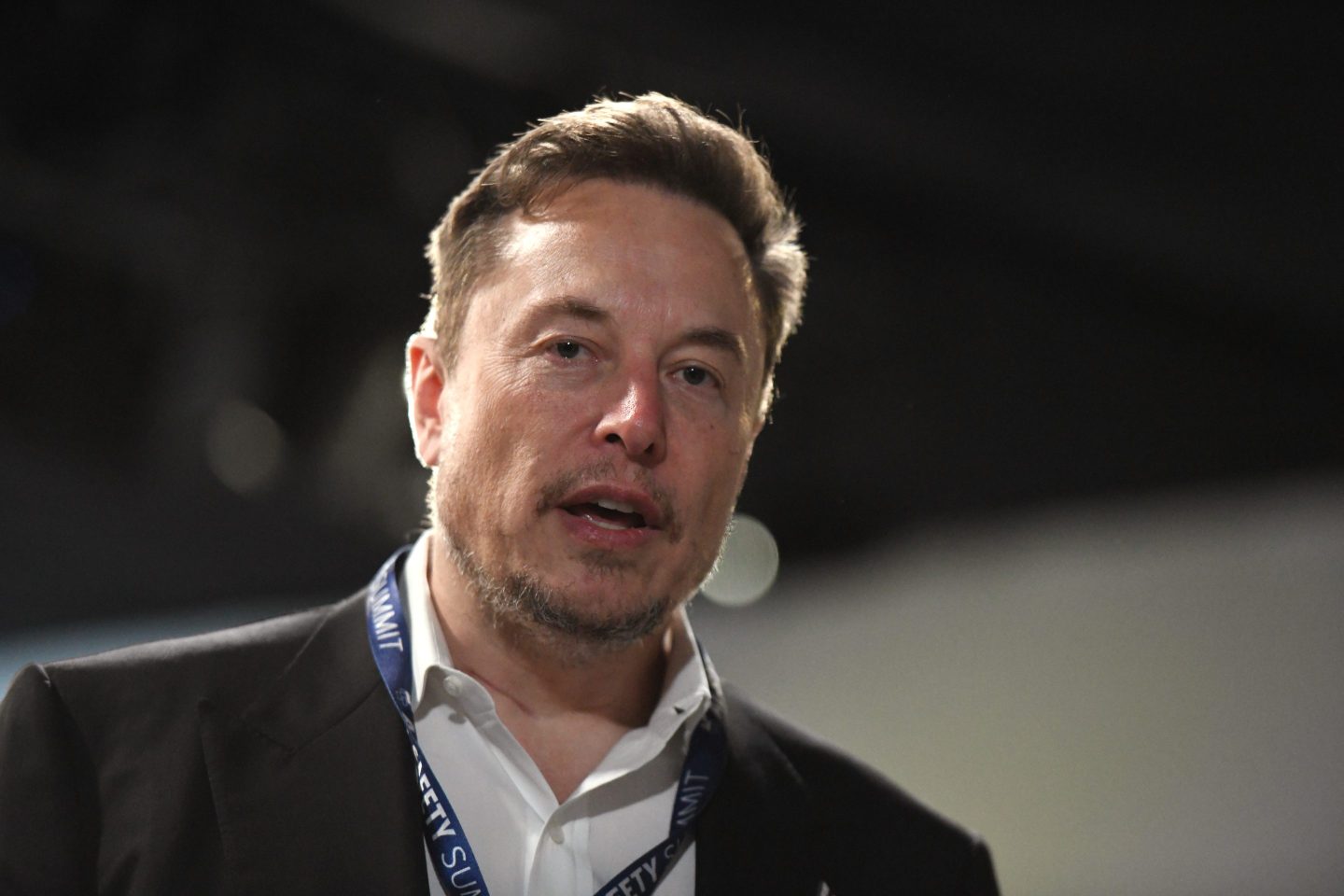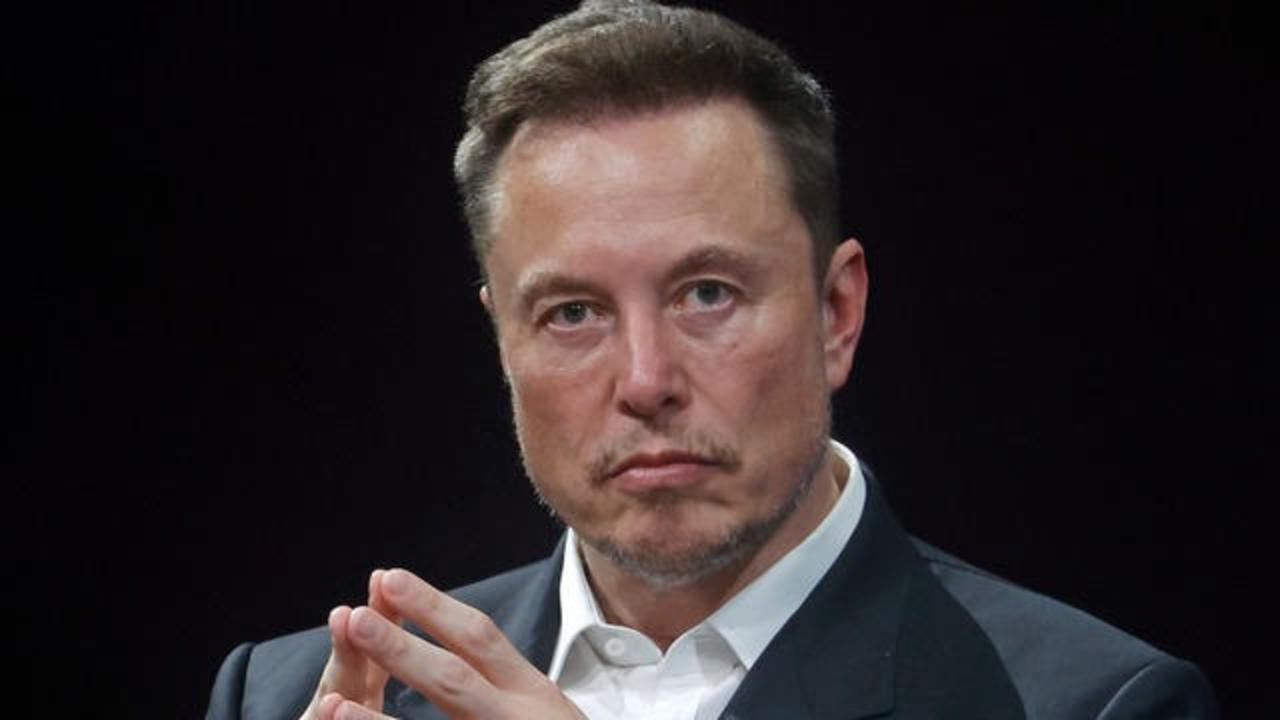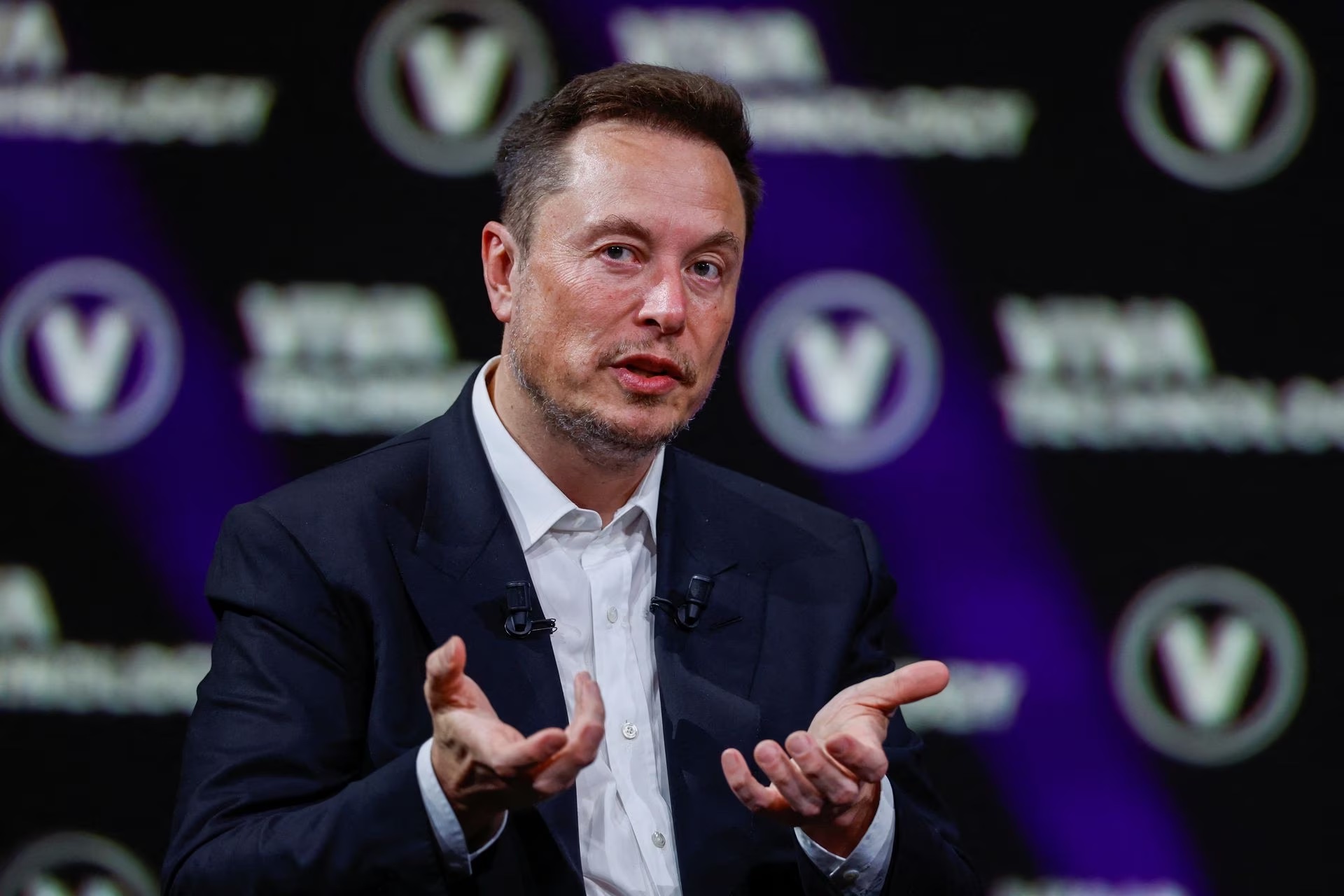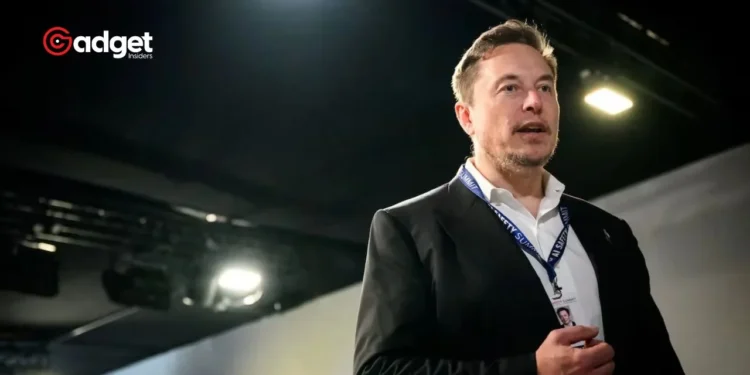The electric vehicle giant Tesla is once again at a pivotal juncture. The upcoming shareholder vote on June 13th could fundamentally alter the trajectory of both the company and its visionary leader, Elon Musk. In 2018, Tesla shareholders approved an unprecedented $56 billion pay deal for Elon Musk, which was later nullified by a judicial ruling in January, prompting a reevaluation.
Robyn Denholm, Tesla’s chair, has articulated the gravity of the situation in a recent letter to investors, emphasizing that the decision is not merely about financial figures but about securing Elon Musk’s continued leadership and focus on Tesla.
Denholm argues that despite Elon Musk’s vast wealth—he is currently the third wealthiest person globally with a fortune estimated at $203 billion—his engagement with Tesla is invaluable for its future successes.

The Stakes: Leadership, Focus, and Vision
Denholm’s letter underscores a crucial aspect of the agreement: it aims to ensure Elon Musk remains motivated and focused on Tesla amidst his numerous other ventures, such as SpaceX and the social media platform X. Elon Musk’s engagement on X and his other businesses have sparked concerns among investors about his ability to dedicate sufficient attention to Tesla.
“Elon most certainly does not have unlimited time. Nor does he face any shortage of ideas and other places he can make an incredible difference in the world,” Denholm wrote. She further expressed a desire for Musk’s “ideas, energy, and time to be at Tesla, for the benefit of you, our owners.”
The reapproval of this pay package, according to Denholm, is critical not just for keeping Musk centered on Tesla but also for motivating him to achieve future goals that may rival the company’s past successes.

Investor Sentiments and Advisory Recommendations
The decision is contentious, with significant entities like ISS and Glass Lewis recommending against the pay package, deeming it excessive. In contrast, others, such as Baillie Gifford and potentially Calpers, express varying levels of support.
The divergent views highlight the complex considerations at play—balancing Elon Musk’s proven ability to drive Tesla forward with the prudence of fiscal responsibility to shareholders.
A Strategic Move to Texas
Amidst these financial deliberations, another strategic decision is on the table: Tesla’s potential relocation of its legal base from Delaware to Texas. Denholm advocates for this move, suggesting that Texas offers a more favorable environment for Tesla’s growth and innovation, particularly given the state’s legislative and judicial frameworks.
“Being incorporated in Texas provides the best platform for Tesla to grow and innovate,” Denholm asserts, pointing to the alignment with the state’s regulatory and legal landscape.

What Lies Ahead for Elon Musk and Tesla
As the vote approaches, the implications for Tesla and Elon Musk are profound. Analyst Dan Ives of Wedbush Securities believes that Elon Musk is unlikely to sever ties with Tesla but might redefine his role, possibly stepping down as CEO if the compensation package is denied.
This change could see him become less involved, altering how he interacts with and leads the company. As Tesla stands at this crossroads, the decisions made by its shareholders could significantly influence not only the company’s direction but also the landscape of technological and automotive innovation.
The outcome will undoubtedly be a focal point for discussions about leadership, compensation, and corporate governance in the years to come.










